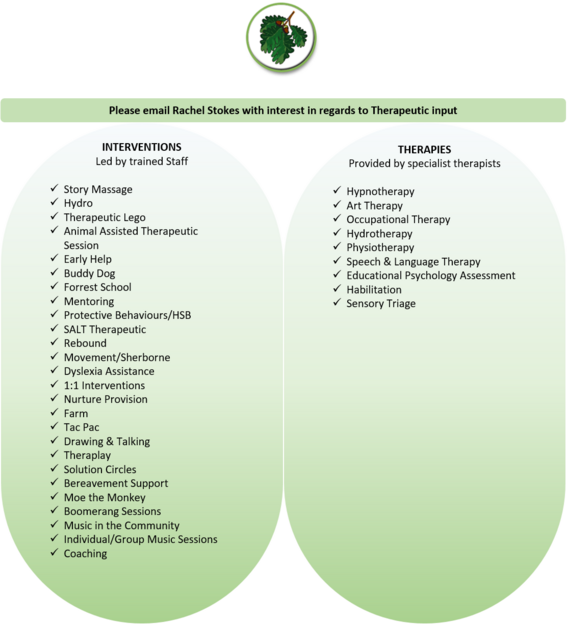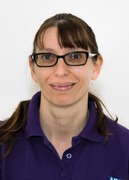Therapeutic
Physiotherapy
|
Physiotherapy is an important part of Woodlands School, we have facilities for a physiotherapy treatment room managed by experienced Physiotherapists Alex and Chetna and Physio Technical Instructor, Jerry.
|
|
The physiotherapy service is managed by the NHS |
Speech & Language therapy
The Speech & Language service is provided by the NHS and helps to provide the necessary provisions for pupils who have difficulties. Pupils can benefit from aided language displays to help communicate with staff and other pupils. As part of this package we use a software called Grid for iPad.
Habilitation
Habilitation is delivered by Qualified Habilitation Specialists as part of a team of professionals to provide support according to a child’s developmental age and individual goals. Habilitation involves the teaching of mobility, orientation and independent living skills from supporting physical development in the early years, to navigating streets safely, preparing food, handling money, using technology and managing their appearance as a young person gets older. We assess each child individually focusing on developing the following 6 areas;
- Vision:- Assess what vision is available. How vison can be stimulated and used to enrich a child’s life.
- Orientation: - How a young person moves and understands their environment, including the use of a cane, sighted guide and pre-cane skills to navigate the environment.
- Body image: - Developing an understanding of body parts, body movement and the relationships between body parts. Fine and gross motor skills.
- Directional and positional concepts: - Modelling a child’s understanding of their body position within the environment and their body movement in relation to external factors.
- Use of senses: - Developing their understanding of touch, smell taste and hearing.
- Independent, social and self-help skills: - Developing daily living skills/self-care, social etiquette, and if appropriate requesting help.











